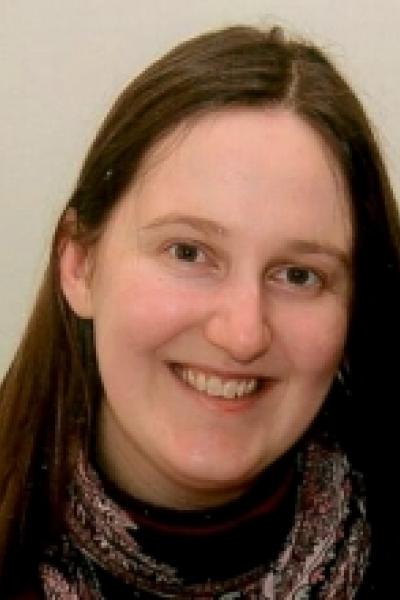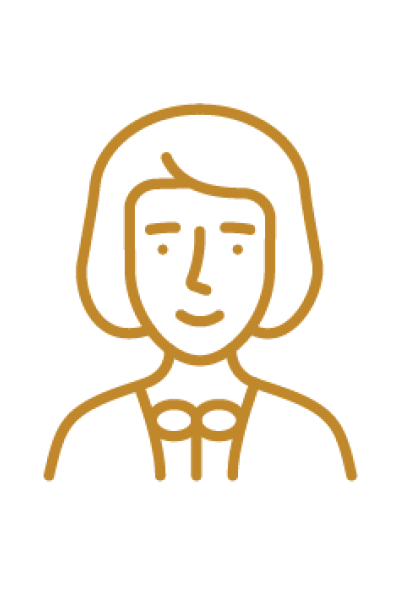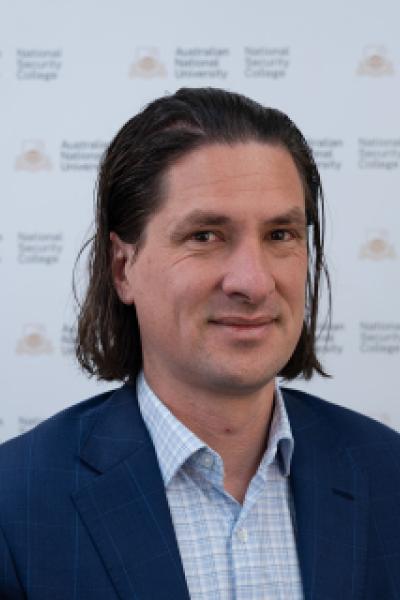In an UNcertain and Complex world, we need to develop Adaptive Governance approaches and Emergent Design techniques. In UNCAGED, Professor Anthea Roberts and Professor Miranda Forsyth explore techniques for better understanding, navigating and managing complex systems. This forms part of a broader set of collaborative projects with Professor Katherine Daniell (School of Cybernetics) and Dr Ryan Young (Futures Hub) about Governing in Complexity.
Today’s social, political, environmental and technological challenges are increasingly interconnected. Climate change, pandemics, rising inequality, new forms of insecurity and growing great power competition dominate our daily news feeds. Domains that previously operated relatively separately, such as economics, security and the environment, are colliding in current policy-making. Established power structures are being contested and re-shaped. Problems in one country or community are spilling over into others through networks of connectivity—whether they be bank failures in the global financial crisis or health crises and supply chain shocks during COVID-19.
While our challenges have become more interconnected, our scholarship and policy responses find it hard to break free of the shackles of disciplinary divisions and subject-area silos. Understanding and addressing these multifaceted issues requires fresh thinking that is UNCAGED. Drawing on insights from complexity theory, members of this team explore approaches for better understanding and responding to various interdependent social, political, economic and ecological challenges of the 21st century. They are developing a series of tools, techniques and frameworks for developing more systemic and integrative approaches to understanding complexity. In the face of fast-paced change and uncertainty generated by myriad interconnections, they explore flexible and adaptable interventions that are subject to continual monitoring, evaluation and learning.
UNCAGED traverses multiple domains and scales, from community-led regulatory innovation in Pacific Islands and the spread of violence in PNG, to great power competition between China and the United States and investment treaty reform negotiations at the United Nations. Across this diversity, we look for common techniques that scholars, policy makers and change agents of all descriptions can use to better understand and navigate complexity. In particular, UNCAGED focuses on the following questions:
-
Systemic thinking: why do we need to develop ways of understanding and intervening in complex adaptive systems that are more systemic, holistic and integrative, and less reductionist? How can we better achieve this goal in academia, policy making and practice?
-
Integrative complexity (dragonfly thinking): how can we use bifocal, trifocal and multifocal approaches to differentiate competing perspectives and integrate them into more holistic frameworks for better understanding complex, multifaceted realities?
-
Innovation and change: how do identities and networks affect possibilities for innovation and change in complex systems? What role is played by border crossers and boundary spanners (insider-outsiders)? How is incremental and transformative change achieved in complex systems, including when governed or regulated by multiple complex organisations or decision making bodies?
-
Design and management: how can actors design better structures and governance approaches for managing complex, contested and evolving fields? What role might flexibility, adaptability and experimentation play in dealing with increasing uncertainty? How can timely and effective decisions be made in a rapidly changing world given complexity and uncertainties? What sort of meta-structures are required to deal with diversity of views and divided (and sometimes asymmetric) power?
Impact
Professor Anthea Roberts and Professor Miranda Forsyth chair a monthly interdisciplinary meet-up of academics, policymakers, practitioners and PhD students drawn from RegNet and across the ANU, other universities, government agencies and leading consultancy organisations. Each month, the group hosts a different speaker to discuss critical systems thinking theories, or advances and innovations within their own area of expertise. They lead the group in a wider discussion that brings in multiple perspectives from a variety of disciplines and fields. The aim of our regular discussions is to create a strong network for future research and application. We seek to build our ability together to take a widely informed perspective to develop ways to effectively tackle the emerging challenges in complex adaptive systems within areas such as the economy, security, environment, health, social justice, international development and more. We maintain a shared database of resources to help us keep tabs on what we’ve already discussed and to encourage ongoing iterations of our group discussions, such as by creating visual materials, sharing additional information and doing collaborative activities.
Our group operates both online and in-person, to provide flexibility and ensure everyone can be present. If you would like to join our group, or give a presentation to our group, please email Professor Anthea Roberts, anthea.roberts@anu.edu.au.
Blog posts
“One of the great—and unexpected—pleasures of being a scholar is having meaningful contacts with colleagues all over the world,” writes Howard Gardner when introducing Anthea Roberts in her recent guest post for his blog. Howard Gardner is a distinguished research professor at Harvard, best known in educational circles for his theory of multiple intelligences. He crossed paths with Anthea Roberts when they discovered common interests about synthesizing minds. In the first of two posts, Anthea Roberts explores this subject with her own metaphor of ‘Dragonfly Thinking’. Read the full post here.
Featured publications and resources
Six Faces of Globalization: Who Wins, Who Loses, and Why It Matters, Anthea Roberts, Nicolas Lamp Book 2021
How Globalization Came to the Brink of Collapse, Anthea Roberts Journal article 2020
Is the Virus Killing Globalization? There’s No One Answer, Anthea Roberts Journal article 2020
Our project is interdisciplinary and has the aim of broad applicability and utility across a swathe of challenges facing regulation and governance. Find out more about related projects, funding, courses and presentations.
Image by Adina Voicu from Pixabay





